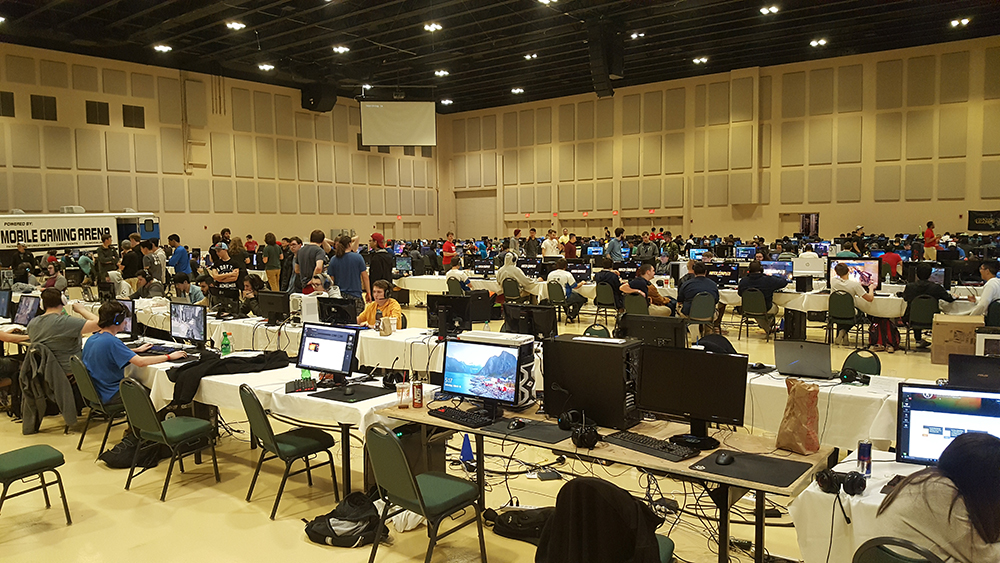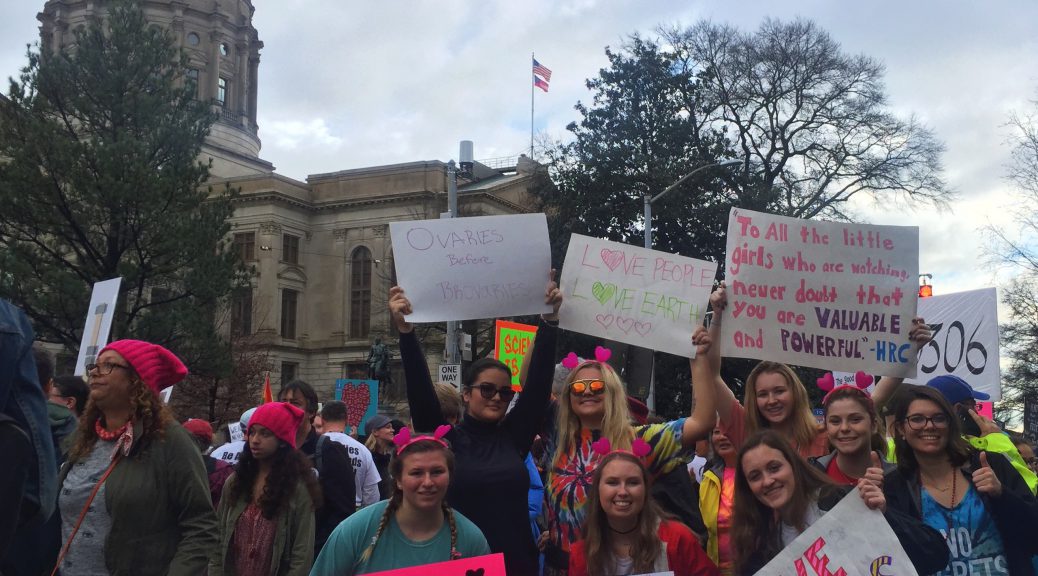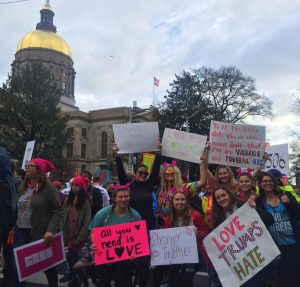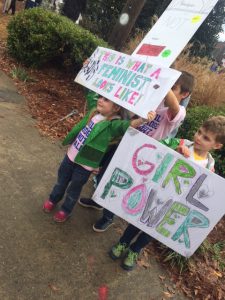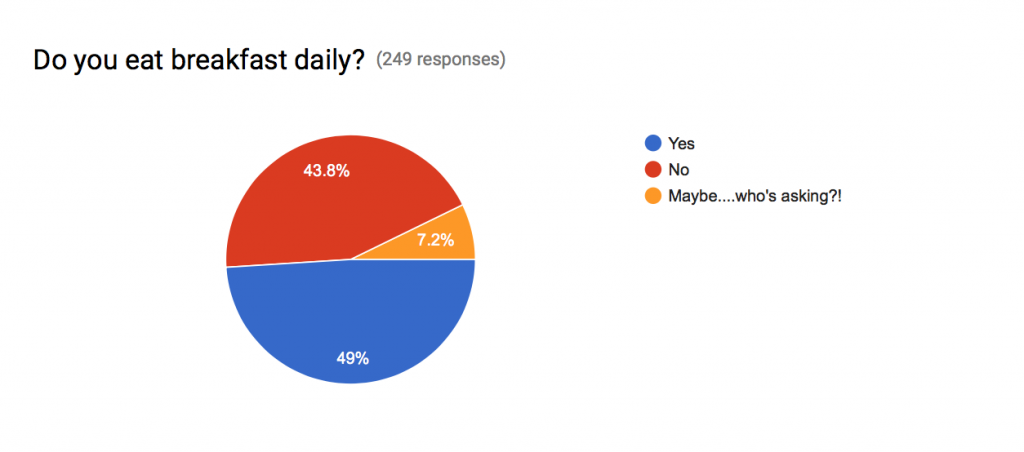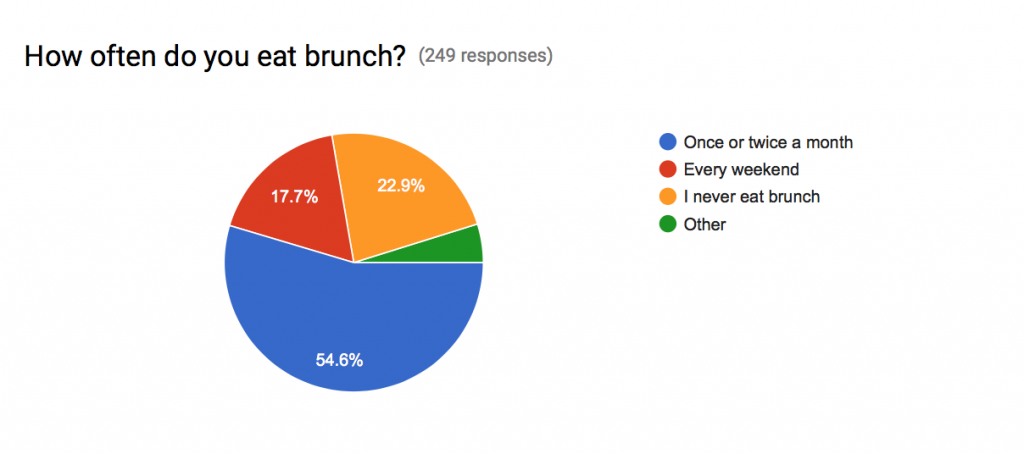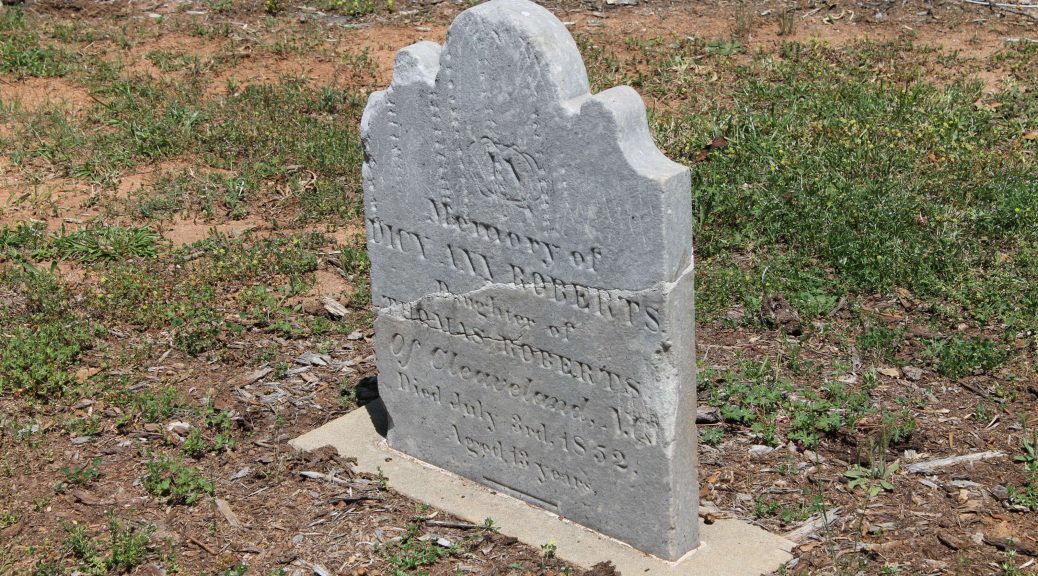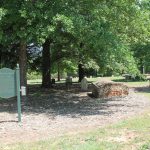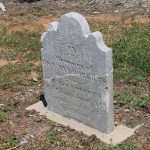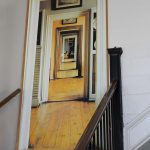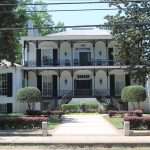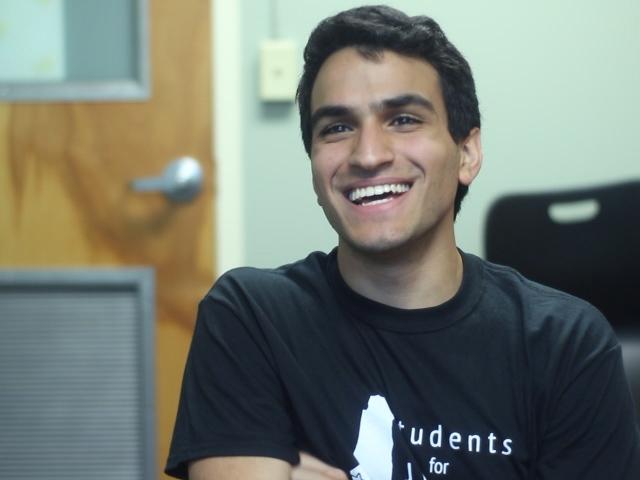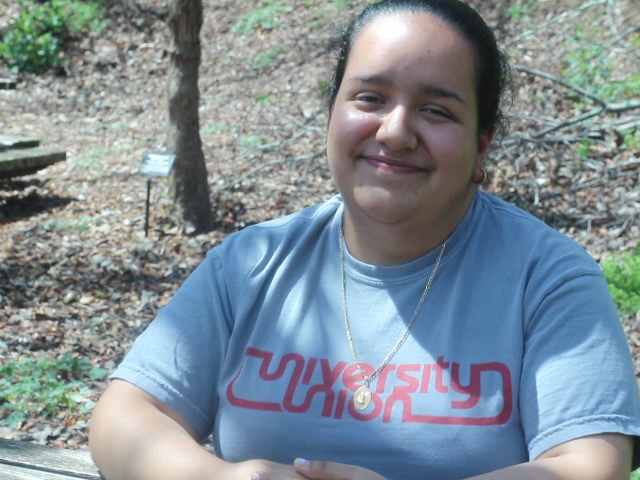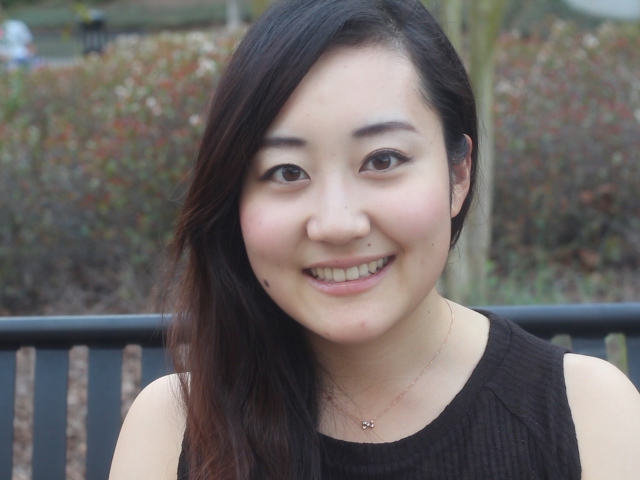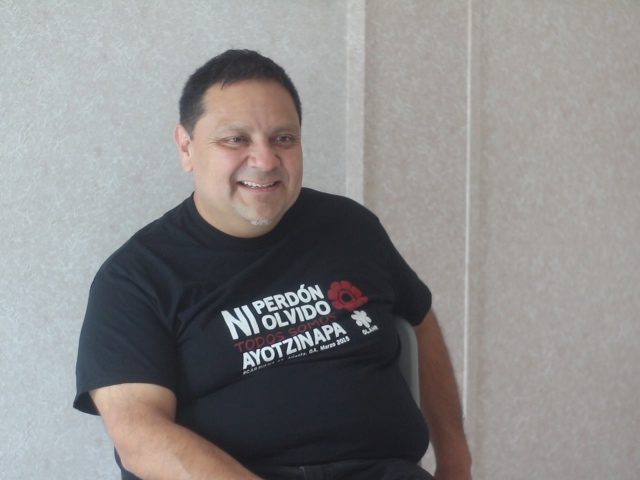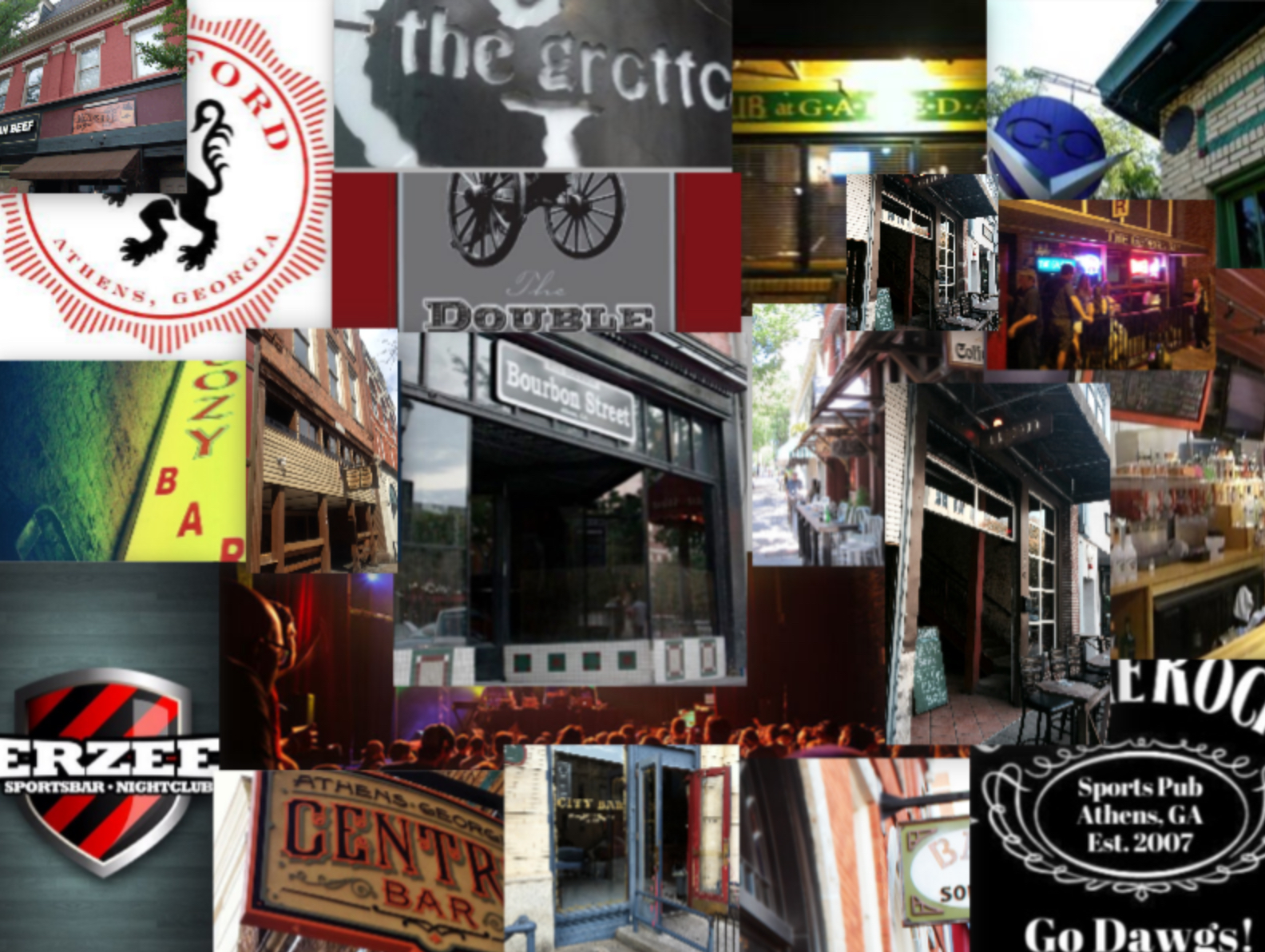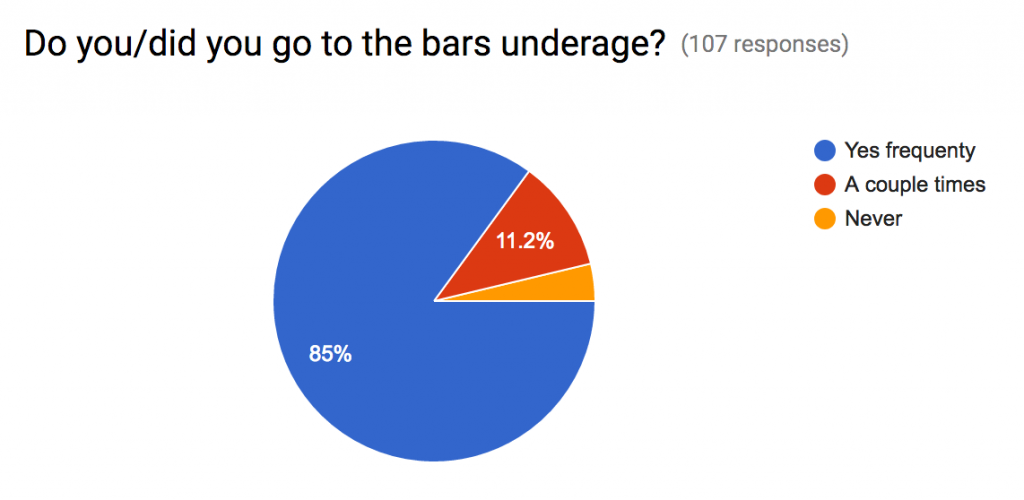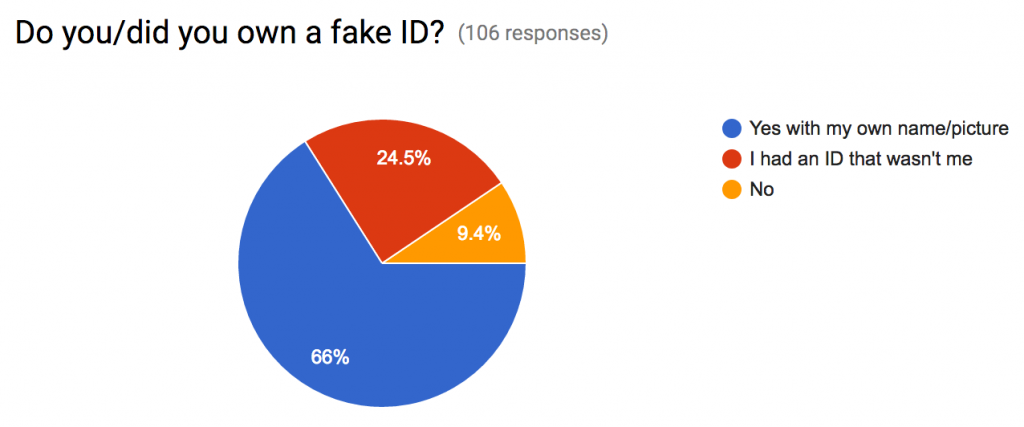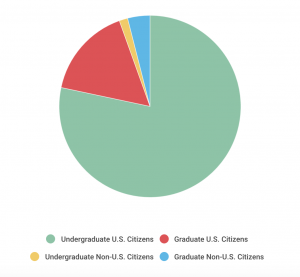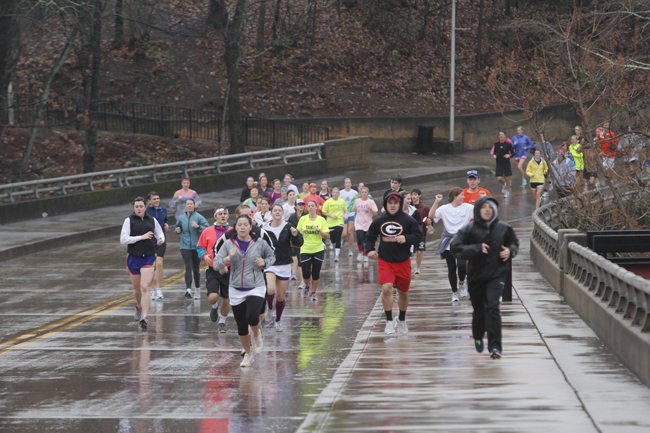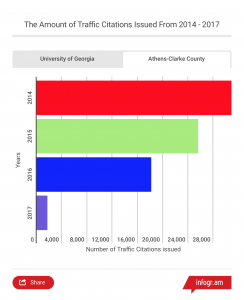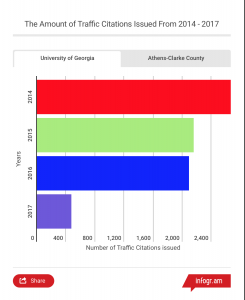Pub Crawl Guide: Athens, GA
Ben Richmond
Athens once had the most bars per capita than any other city in the country with 80 bars per square mile [1], but more recent sources say that number has gone up to 97 [2] with a total amount of 122 businesses serving alcohol according to flagpole.com, making the task of a pub crawl possibly the most daunting in America.
A pub crawl may be a less popular term than its fraternal sibling, bar hopping. However, according to drunkard.com, the difference between a pub crawl and bar hopping is that one is predictably planned and the other is free and spontaneous, respectably. So here’s how you can plan your pub crawl in Athens.
There are planned pub crawls in Athens already such as the 90’s Bar Crawl or the Athens Annual Santa Pub Crawl, but those are set on certain dates and with certain bars, not to say they aren’t planned well. For a little more creativity and freedom, here are some important suggestions and guidelines for whenever you decide to do a pub crawl.
1: Safety First.
For those who see the visitation of multiple bars in one night as more of a personal challenge than an activity, please be aware of the dangers and risks that come with a night of debauchery.
To be brief, here are some facts and information from the Centers for Disease Control and Prevention (CDC) regarding alcohol: alcohol increases risk of liver disease, brain damage such as memory loss or shrinkage and heart muscle damage; even more so for women. Alcohol also increases risk of certain cancers and sexual assault [3].
Please check out this link as well to information from the CDC on other risks involved with alcohol, who shouldn’t drink alcohol, how much is considered a drink and how many drinks you should be consuming if in moderation.
Despite what the CDC says, yet not in contrast to, it’s important to be aware of and familiar with what you can consume safely as tolerance to alcohol varies with each individual.
Some other tips and pointers from Ginnefer Cox, assistant professor in the Department of Foods and Nutrition at the College of Family and Consumer Sciences, are never leaving an open drink, especially if you’re a woman. Have an Uber or taxi ready to take you home safely as a designated driver (DD) can’t always be reliable. You don’t have to drink at every bar. Be sure to eat fatty foods such as fries, hamburgers and the like because they will help to “impede” the process of alcohol being metabolized in the body, and drink a glass of water for every glass of alcohol to help prevent hangovers.
“Drink water for sure,” said Mathew Katz a junior from Stanford, Conn. Majoring in human development and family science.
Keeping all of that in mind, be sure to be in a group when performing a bar crawl. Not to say you can’t have fun by yourself, but being in a group not only provides more fun, but more safety. If you wish to look at some specifics in picking a group, a detailed reference is drunkard.com‘s list of cohesive group members. Put simply however, just keep a good mix of both fun and responsible people.
“Make sure everyone that you’re with is with you every single time you go to a new place,” said Paul Kim, a senior from Conyers majoring in math.
2: Time Your Crawl
So you have your group, and keeping the methods of drinking safely in mind, you only need to know the wheres and whens.
As for the whens, it varies with each group. As Kyle Ingham states in his post on thedistilledman.com, it’s a good idea to start before dinner to not only catch some specials, but to be sure you have some food in you as well. Food intake isn’t just a safety tip, but an endurance one. Pacing yourself is very important in a bar crawl. Try not having more than one drink at each bar and only every hour or so. Your limits may be different, but always start things slow or you won’t last the night.
Another good tip in pacing yourself is to not go for mixed drinks as brobible.com will tell you. However if you feel there’s a drink at a bar that’s very unique to the bar itself or a must try, then be sure to keep in mind how much alcohol you’re really taking in. As Cox suggests for those who’d think it’d be too awkward or uncool to ask the bartender how much alcohol is in a drink, then try your best to gauge the alcohol content by watching what they put into it and how much.
Mack Curry, a junior from Las Vegas, Nevada majoring in political science philosophy, said that a good way to keep track of how much you’re drinking and spending during the night is to have someone who doesn’t drink join you and tell them before-hand what your limits are with both alcoholic intake and spending money.
“As long as I know there’s someone in my ear, that’s gonna be watching over me, that’s how you’re gonna keep control of yourself,” Curry said.
It’s best not to stay at a place too long, but you don’t want to rush things either. Stay long enough that you can enjoy the unique environment of the bar, but not so long that you forget you’re on a bar crawl. It’s easiest to match your bar movement with you drink pacing, so about every 30 minutes to an hour or so, depending.
“Just try to have fun, and once you hit that point where you’re starting to get tired and stuff like that, there’s no reason not to call it. You can always call it a night early. Sometimes it’s better to leave while you’re having fun rather than wait till you’re bored to go home,” Katz said.
3: Picking Which Bars to Visit
Here comes the hardest part of any pub crawl plan, picking which bars to go to. Whereas in other towns a pub crawl can consist of going to every bar near each other, the same can’t be done in Athens. Going to 97 or so bars in one night would be impossible.
There are many criteria for choosing bars to go to which can be sought individually or combined, and with this many bars within one location the options for a pub crawl are exponentially large. There can be many different types of bars to choose from: cheap bars, highly rated bars, unique bars, bars with the best specials or certain drinks, fun bars, bars with good food, bars to find good company at, bars you’ve never been to before, bars you know well, bars with a good atmosphere or interesting history and many more.
Kim said it’s nice going to places you don’t know and that it’s the atmosphere more than anything. Ultimately, the things you consider and the bars you choose are entirely up to you and your group.
If you’re interested, here are some suggestions based on ratings and popularity among both locals and students. This list is in no particular order. If there’s a bar not on this list that you think deserves to, please mail us which one and why and we’ll consider updating our post to include it.
Bars that were along Prince Avenue or over at Five Points were excluded because they aren’t a walks distance from most of the bars in Athens, but bars in each of these locations are certainly worth checking out. Also, locations which are venues or restaurants first such as 40 Watt Club or Last Resort Grill respectively were excluded as well. Be sure to check out more game and entertainment locations such as The Rook & Pawn and Wonderbar.
- Manhattan Cafe
- Trappeze Pub
- The World Famous
- Allgood Lounge
- Flicker Theater & Bar
- The Globe
- Little King’s Shuffle Club
- Silver Dollar
- Toppers International Showbar
- The Grotto
- Sandbar
- Cutters Pub
- Buddha Bar
- Magnolias
- Sister Louisa’s Church
- Blind Pig Tavern
- Georgia Bar
Here’s a map if you want to know how to find all these locations in downtown Athens. https://www.easymapmaker.com/map/9b2c9dc178f27a975e8e4d1a0f8cf32e
(Password is “Spartan117”)
Also, here’s a chart to get an idea of some of the bars and pubs in downtown Athens, their specials and unique drinks—if any—and whether or not they have a cover charge.
| Bar or Pub | Specials | Unique Drinks | Cover Charge |
| Roadhouse | 2 p.m. to 8 p.m. Happy Hour, deal undisclosed and with $4 Chipmunk drinks | Chipmunk | None |
| The Globe | Mondays: One third off of bottles of wine and half off of a glass.Tuesday: $3 for 10 percent beers.
Wednesday: One third off of Scotch Flights, $2 12 ounce boars on everything on draft. Thursday: Costa Rica Cerveza for $1 Sunday: Brunch specials, Bloody Marys and Mimosas.
|
None | None |
| Cutters Pub | Mondays: $2 crafts and $2.50 bourbons.Wednesdays: Dartley
Thursdays: Ying Ling and Dos Euqis night. |
None | None |
| The Gatsby | Happy Hour: 3 p.m. to 9 p.m. Monday through Friday, $1 off of every drink on the menu. | The BootleggerThe Roaring Sour
|
None |
| Allgood | Happy Hour: 5 p.m. to 10 p.m. every day of the week, deals undisclosed. | The Georgia PeachThe MILF
Plan B Irish Mule The Malibu Sunset The Lifesaver Brazilian Breeze The Big Wood |
None |
| Amici | Monday: $7 Bud Light and Miller Lite pitchersTuesday: $1 off Amici specialty drinks after 4 p.m.
Wednesday: $8 Bud Light and Miller Lite pitchers Thursday: $1 off draft pints after 4 p.m. Sunday: $3.50 Bloody Marys and Mimosas |
FireflyMeech Mule
Nothing Too Fancy Bullet and Blenheim Laid Back So Fresh and So Clean Margarita |
None |
| Trappezze Pub | Monday through Friday: $2 off of beers on draft.Sunday: $6 barbecue special and a beer pint special. | None | None |
| Max Canada | Happy Hour: 50 percent off everything from 4 p.m. to 9 p.m. | Jameson | None, unless there’s a band which wishes to charge money. |
| Flicker Theatre and Bar | Happy Hour: 4 p.m. to 8 p.m. Monday through Saturday, $1.50 off of highlights, $0.50 off of beers and drafts and $1 off of mixed drinks. | The Jackie-OThe Red Fox
The Dr. Zhivago The Red Wedding The Hateful 8 The Groucho The Well Rogers The Flicker Martini |
None, unless a band playing requests a charge. |
| The Rooke and Pawn | Varying discounts on Wednesdays and Sundays for locals working in industry.Happy Hour for trivia nights which are irregular. | Obi Wan KentuckyThymey Wimey
Pinnock’s Giggle- Water Mojo Jojo-Jito 7 Mile Spanking-Machine |
None, but board games are available for $5 per person. |
| The Manhattan Cafe | $0.50 off of drafts and wells during happy hour. | The Maker’s Mark | None |
| The Blind Pig Tavern | Happy Hour: Monday through Friday, 2 p.m. to 7 p.m., deals undisclosed.Monday: $2 local
Tuesday: $2 wells and Coors Lite cans Wednesday: $3 ciders and house wines Thursday: $2.50 Mexican beers Saturday and Sunday: Bloody Mary and Mimosa deals. |
Super Sonic Cherry LimeadeMir the Blur
Ruby Red |
None |
| Magnolias | $3 Terrapins, but changes every semester.$5 certain mixed drinks, depending.
Half off of drinks on Wednesdays and Lady’s Night on Thursdays with half off on bottles of wine.
|
None | None |
One last thing to consider while roaming downtown Athens and its bars and pubs is Lumpkin Street, which is known by many bartenders, including Shadeed Atifmiller, bartender at The Globe and organic farmer out in Winterville, as the “Khaki Line.”
Atifmiller said that on the left or west side of Lumpkin are more expensive bars that are more popular with locals or “townies.”
“You’ll get bars like 40 Watt and Caledonia where its more grungy, more punk shows, more rock shows. Jeans, holes, tattoos—the works,” Atifmiller said, “There’s a lot of craft beer and liquor down this way, fine dining as well.”
While the right or east side has more bars for college students which are cheaper and more rowdy.
“Across the Khaki Line, towards campus, you get a lot of the students. The younger students. Students who shouldn’t be drinking. Students who can’t be drinking. Whatever it is, it’s just a more geared towards a higher volume bigger campus kind of life,” Atifmiller said.
He said that more chain restaurants are on the right side with the more student based bars while more local and homegrown establishments occupy the left side of Lumpkin. So have an idea of what area you’re in.
“It’s just random, but it’s the town,” Atifmiller said.
4: Keep in Mind
As with any guideline or tip given here, you should remain loose with your planning. Be safe above all else, but as far as being and staying in a group, what times you go to bars, which bars and how many, don’t be strict; have a good time. You should go into this with a plan, but don’t let that plan ruin the fun while you’re out there.
“When you’re having fun, it’s not about how many drinks you can take. That’s not having fun. It’s how you feel in the surroundings and who you’re with,” Curry said.

